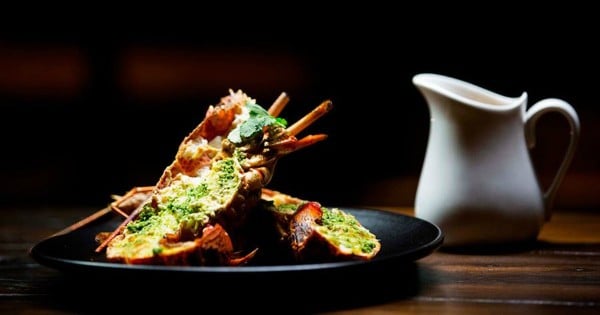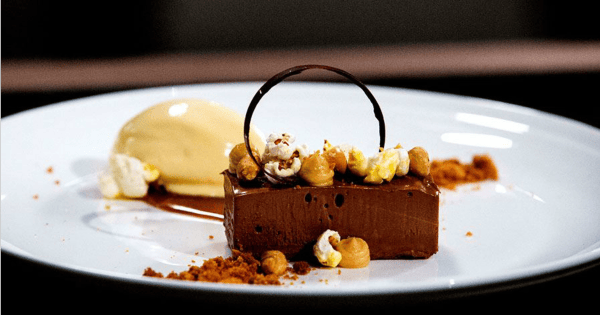
Last night my dinner consisted of chicken and rice leftovers I’d made from a Jamie Oliver recipe the night before that. It cost around $12 to make, tasted excellent with some coriander and a green salad, and its final remnants are probably what I’ll eat for dinner again tonight.
From the information above, it’s clear that I’m not about to be inducted into the “Australia’s best home cooks” hall of fame any time soon. But I also don’t think I’m bad cook either. I understand seasonal eating, know the difference between a consommé and a jus, and I even won two blue ribbons for my baking efforts at a local show as a kid.
But even with all of that under my young professional belt, I still found myself watching Masterchef over the past few nights and wanting to know how what I’m seeing on screen is in any way a realistic representation of modern home cooking.





Top Comments
I never thought it was reality, nor do I expect it to be.
I'm having bangers and mash with sprouts and peri peri sauce tonight in case you were wondering.
I get her point though, some of the entry dishes were quite fantastical - the bro & sis duo most notably - but their parents own a restaurant so they would have started learning early. Kids today have a far greater interest and knowledge of food thanks in large part to this juggernaut. I agree with KM though, these entry dishes were practiced and refined to perfection - so it will indeed be interesting to see them in situations with ingredients not of their choosing. Could do with less of the tearful stories but it's a great show and I'm already hooked.